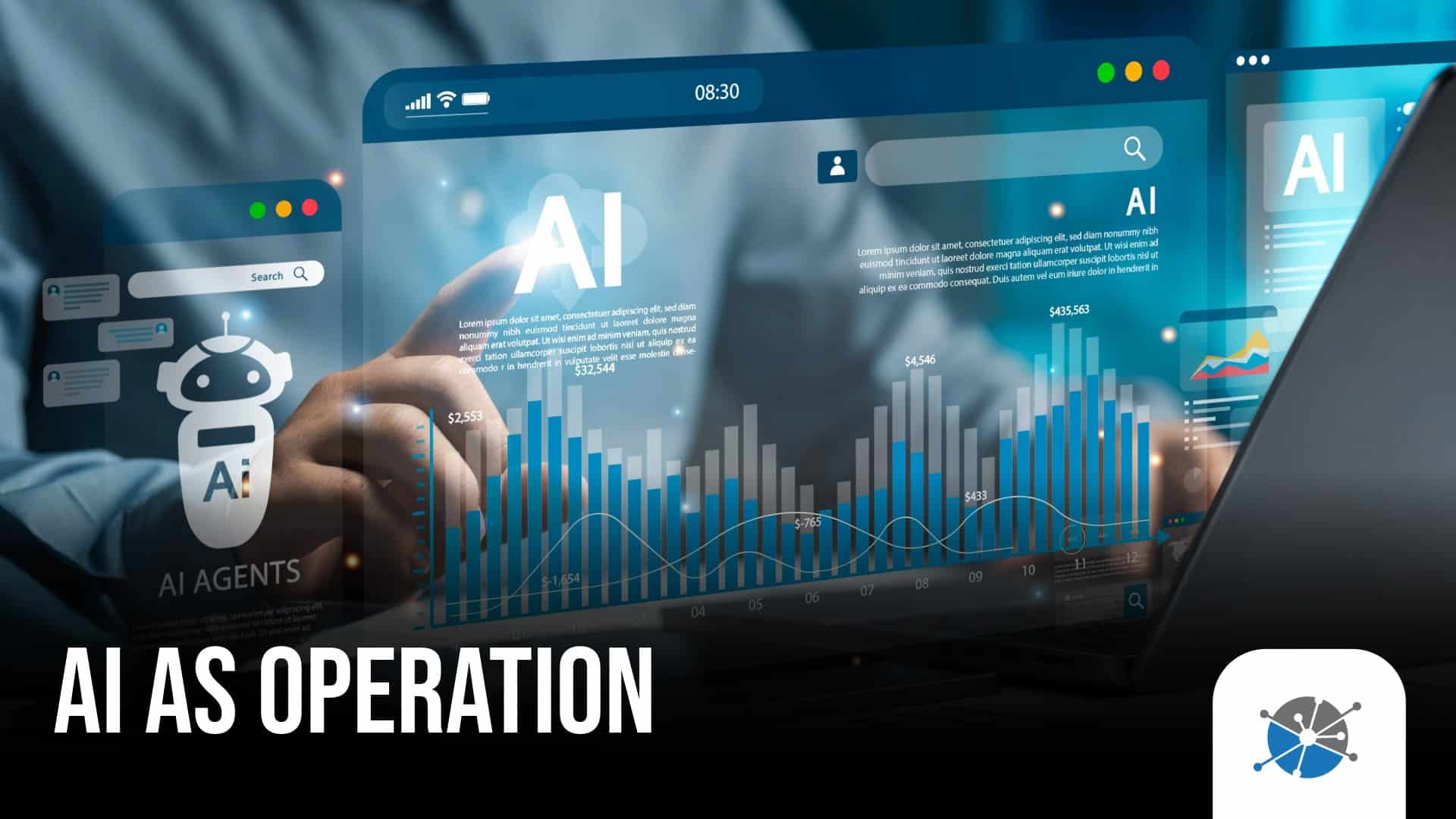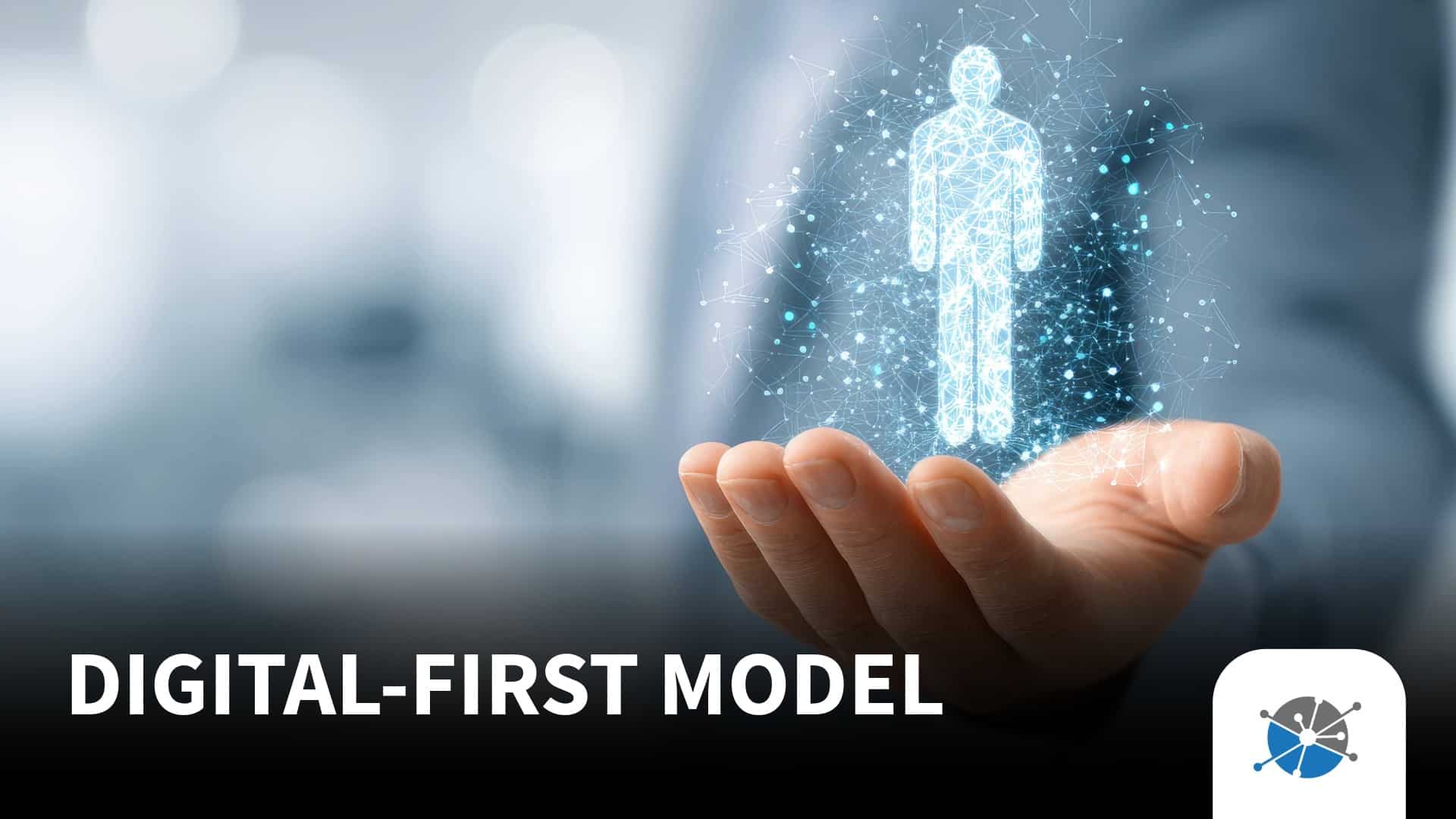
Five Reasons Why Creditors Need Specialized Debt Collection Software
Managing collections can make or break a creditor’s financial performance. Yet, many creditors rely on loan management systems to handle accounts after they go delinquent. While these systems work well for lending, they’re not designed to manage the unique demands of debt collections.
When collections are inefficient, compliance issues arise, processes slow down, and recoveries suffer. To address these challenges, creditors need software built specifically for collections. Debt collection software provides the tools and features to handle delinquent accounts, maintain compliance, and improve recovery outcomes.
In this article, we’ll cover five reasons why creditors need a specialized debt collection system. If you’re managing collections with outdated or mismatched tools, this will help you identify how specialized technology can simplify your operations and boost results.
1. Loan Management Systems
Loan management systems are excellent for servicing active loans, but they aren’t designed to handle delinquent accounts. When payments stop, the focus shifts from maintaining loans to recovering funds through processes like charge-offs, account sales, or legal action—tasks that demand different tools and workflows.
Here are some examples of where loan systems fall short:
- Managing charge-offs: Requires tracking detailed reports, updating balances, and ensuring compliance with accounting standards.
- Selling accounts or outsourcing collections: Involves transferring accurate and complete data to agencies or buyers, often complicated by loan systems.
- Legal recoveries: Can’t monitor litigation timelines or organize the documentation needed for court cases.
- General inefficiencies: Creates delays and errors, often requiring manual fixes to compensate for system limitations.
Debt collection software addresses these gaps with tools built specifically for recovery. Streamlining workflows and organizing data simplifies charge-offs, account sales, and legal processes. With the right software, creditors can save time, reduce errors, and focus on recovering funds effectively—without relying on systems that weren’t made for collections.
2. Accurate and Accessible Documentation
In collections, documentation is non-negotiable. Creditors must maintain detailed records for every account, from payment histories to signed agreements. Having the right documentation is crucial when dealing with legal disputes, compliance requirements, or account sales.
Many loan systems struggle with documentation management. They weren’t built to efficiently store, organize, and retrieve account media. This often results in creditors scrambling to locate the right files, leading to delays and missed opportunities.
Collection agency software centralizes documentation, allowing creditors to easily tag, store, and retrieve records—critical for account sales and regulatory audits. This organized approach saves time and minimizes risks.
3. Communication Strategies Are Key in Collections
Effective communication can make a huge difference in collections. Borrowers behind on payments respond differently than those managing active loans. Loan systems focus on servicing needs, like payment reminders or promotional offers, but collections require a more targeted approach.
Debt collection software uses multi-channel communication tools to connect with borrowers most effectively. It supports email, SMS, phone calls, and social media platforms like WhatsApp. Advanced systems analyze borrower behavior to determine the best channel and timing for outreach. For example, if a borrower consistently ignores phone calls but opens emails, the software prioritizes email communication.
By customizing communication strategies for each borrower, debt collection systems improve engagement and recovery rates. This approach ensures creditors reach borrowers where they are most likely to respond, leading to better outcomes.
4. Collaboration with Partners Becomes Simple
Managing collections often involves working with outside agencies, law firms, or debt buyers. Coordinating these efforts requires precise data sharing and clear communication—tasks that loan systems struggle to manage effectively.
Here are some examples of how collection agency software software improves collaboration:
- Sharing account details: Allows creditors to securely provide real-time payment histories, documentation, and account updates to partners.
- Tracking progress: Enables creditors to monitor outsourced accounts, ensuring agencies and buyers meet performance benchmarks and follow compliance guidelines.
- Streamlining communication: Acts as a central hub where all parties can access up-to-date account information, reducing miscommunication and operational delays.
- Managing two-way updates: Automatically syncs changes between creditors and partners, whether it’s payment status, dispute resolutions, or litigation progress.
By centralizing collaboration, debt collection systems ensure smooth coordination, save time, and allow creditors to maintain control across complex relationships.
5. Compliance Becomes Manageable
Debt collection is a highly regulated process, with laws like Reg F setting strict limits on how creditors can contact borrowers and track account activity. Using systems not built for compliance can expose creditors to fines, legal action, and reputational damage.
Here are some ways debt collection software simplifies compliance:
- Tracks communication attempts: Logs every borrower interaction to ensure contact limits and timing align with regulations.
- Flags potential violations: Provides alerts when actions, such as exceeding contact limits, approach or breach compliance standards.
- Organizes account records: Centralizes documentation to meet legal requirements and streamline audits.
- Adapts to changing regulations: Updates processes automatically to reflect the latest legal and regulatory changes.
- Supports real-time reporting: Generates compliance reports instantly, giving creditors a clear view of regulatory adherence and helping address issues proactively.
With increasing regulatory scrutiny, investing in tools that protect your operations is essential for long-term success. These tools protect your reputation by automating critical processes, reducing human error, and maintaining organized records while enabling efficient, lawful recovery efforts.
Why Specialized Collection Agency Software is the Right Choice
Managing collections effectively starts with having the right tools. Loan systems are good for active accounts but aren’t designed to handle delinquent ones. Debt collection software gives creditors the features they need to work efficiently, from streamlining workflows and improving communication to ensuring compliance with regulations.
As regulations tighten and the volume of delinquent accounts grows, staying organized and avoiding errors is more important than ever. Collection agency software helps creditors save time, reduce risks, and recover funds faster. It centralizes key processes, keeps everyone on the same page, and makes adapting to changing industry demands easier. With a system built for collections, creditors can improve recovery rates, protect their reputations, and ensure their operations stay reliable and effective.
If your systems feel outdated or difficult to manage, now is the time to change. Debt collection software can transform how you handle delinquent accounts, giving you the tools to succeed today and in the future.
Want to dive deeper into this topic? Check out the podcast where industry experts discuss the benefits of specialized debt collection software and share actionable insights. Don’t forget to subscribe to the Receivables Info YouTube channel for expert advice, industry trends, and tips to optimize your collections strategy!
About Latitude by Genesys
Latitude by Genesys® is a comprehensive debt collection and recovery solution for managing all receivables processes. It provides collectors with the tools to manage the collection and recovery process. Latitude deploys a true zero-footprint, browser-based environment for collectors and agents. Latitude’s focus has been to provide forward-thinking, attractive solutions to the business needs of different receivables companies. Latitude is continually growing, innovating, and reshaping ARM companies’ and their consumers’ technology expectations and customer experiences.





